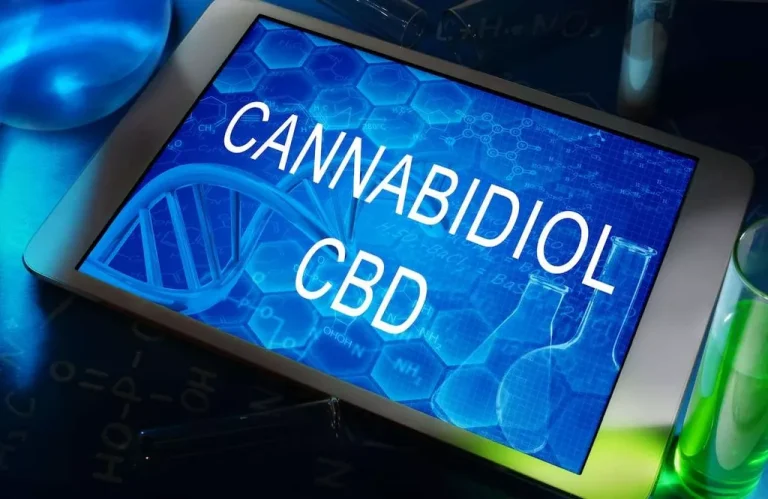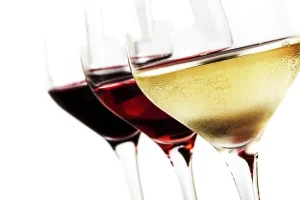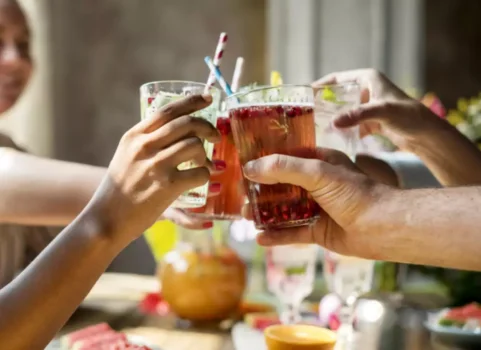
LifeRing focuses mainly on the present – on living a full and positive sober life without dwelling too much on past indiscretions and hurts that may have been the result of problematic drinking. The group works on developing techniques to enhance this version of self instead of the addict self who has previously been in control of all decisions and led to destruction in life. Each getting sober without aa person is encouraged to find their own method of encouraging their sober self within a LifeRing program. One of the most popular forms of alcohol addiction management and recovery support is Alcoholics Anonymous (AA), a 12-Step program. AA is a peer recovery and self-help program that is spiritual in nature and calls on its members to turn their lives over to a higher power.
Young and Sober in AA: From Drinking to Recovery

It will help prevent relapse once the formal treatment program ends. As described by the National Institute on Drug Abuse, there is not a one-size-fits-all treatment program for addiction. Therefore, it’s important to ask questions to ensure that the program you want meets all of your needs. There are multiple factors to consider, including cost, reviews, licensing, accreditations, amenities, and treatments. At a glance, these messages make sense, but in reality, they are not practical. Yes, trying to love yourself and building routines that empower you with self-belief is essential.
Oar Health Member Stories: A Family History of AUD

Read on to learn how to stop drinking without AA—including the many alternatives to Alcoholics Anonymous—and how to decide which approach can help you quit drinking. Along with these benefits, 12-Step programs and other forms of mutual-help groups can increase the likelihood of achieving and maintaining recovery from substance misuse. Research from the Department of Veterans Affairs demonstrates https://ecosoberhouse.com/ that people who participate in 12-Step programs tend to have better outcomes than those who don’t. With help from a healthcare professional, you can start looking for a treatment program that meets all of your unique needs. In fact, getting sober and sustaining sobriety is easier when you have a trusted support system motivating, encouraging, and supporting you along the way.
- Some are structured in programs, such as the 12-step approach used by Alcoholics Anonymous and similar addiction recovery programs.
- Recovery from alcohol addiction is challenging, and not one that should be pursued alone.
- In other words, try moderation for a short time and see how it goes.
- The brain and body need time to return to functioning without the substance.
- This guide includes the steps required to fully support the path and the journey to addiction recovery.
- You may again seek out the people and situations that support your alcohol use.
- In fact, your journey to sobriety will likely involve strengthening some relationships and purging others.
Identify Your Triggers
- Unlike other treatments that require immediate abstinence, the Sinclair Method allows you to keep drinking when you start naltrexone.
- Consider reaching out to a vocational rehabilitation counselor or career coach to help you update your resume, practice job interview skills, and locate jobs that match your skills and experience.
- Make a list of the ways drinking has negatively impacted your life.
- This can include toxic relationships in which you feel unheard, misunderstood, unsupported, demeaned, unsafe, and/or attacked.
Focused on the present moment, LifeRing helps individuals leave the past in the past and pursue recovery to find one’s strongest selves. These groups are good options if you are seeking a more secular approach to recovery while also desiring peer support and group sessions. There are many paths to changing your relationship with alcohol, and it may take some experimentation to figure out what treatment—or combination of treatments—is most effective for your unique needs. The good news is there are many other paths to help you moderate or manage your alcohol use, or to achieve full sobriety. Let’s explore some of the available alternatives to AA and 12-step programs.
Getting sober is when someone stops using an intoxicating substance. It can include a medically supervised detox, various forms of treatment including therapy and 12-step programs, and calling upon family, friends, and professionals for additional support. Secular Organizations for Sobriety is not one specific program but rather a collection of programs that are autonomous from each other. SOS provides individuals with alternatives to spirituality-based recovery programs. SOS hosts both online and physical face-to-face meetings to help people overcoming any form of addiction, from behavioral addictions to drug and alcohol addictions. Sobriety can be a particularly challenging pursuit for someone with an addiction like alcohol use disorder.

Moderation Management Support Groups


